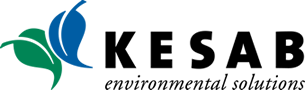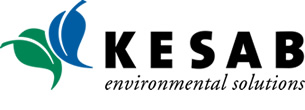
The East Waste Schools Program provides an opportunity to learn about sustainability through creative and hands-on experiences relating to waste management. KESAB will work with a school from each Council, developing and delivering tailored activities including:
- Wipe Out Waste audit and re-audit
- Staff professional development
- Tailored sessions to support conscious behaviours
- Student-produced video for community education
Student-produced Video
As part of the program, students are challenged to create a short (3-5 minute) song, rap, poem or play that inform others about waste avoidance and better management, specific to their local area. The topic for 2024 is food waste. Students are required to research food waste in Australia and/or their local area and can focus their video on:
- Avoiding food waste
- Composting
- How to use the green bin
- Valuing embodied resources
- Positive behaviours
The key is to show why food waste is a problem, how it can be addressed and what the outcomes/implications are/can be. Content must be engaging and easy to understand.
Schools will support students to create, record, edit, submit and share videos.
Parental consent is required for videos to be shared publicly.
Curriculum links
Video project learnings and curriculum links include:
Media Arts:
F-2: Use media technologies; Create and present media artworks.
3-4: Plan, create, present media for specific purposes.
5-6: Develop skills with media technologies; Plan, produce, present for specific purposes.
HASS:
F-6: Questioning, researching, communicating.
Science:
F-2: Biological Sciences: Living things have basic needs, Living things in environments, Living things grow and change; Chemical Sciences: Material properties, Changes, Materials can be combined for purposes; Earth and Space Sciences: Resources.
3-4: Biological Sciences: Living things depend on their environment; Chemical Sciences: Natural and processed materials.
5-6: Biological Sciences: Living things affected by the conditions of their environment; Chemical Sciences: Reversible and irreversible changes.
KESAB acknowledges the student-produced video concept is based on ‘Resource Rhymes,’ a resource education program by Sarah Bruns.
Important dates
24 November 2023 – Nominations close
- 2024 East Waste Schools Program Nomination Form (pdf, 228 kb)
- 2024 East Waste Schools Program Nomination Form (word, 252 kb)
By end of 2023 school year – Participating schools selected
Term 1 2024 – KESAB and successful schools commence planning

